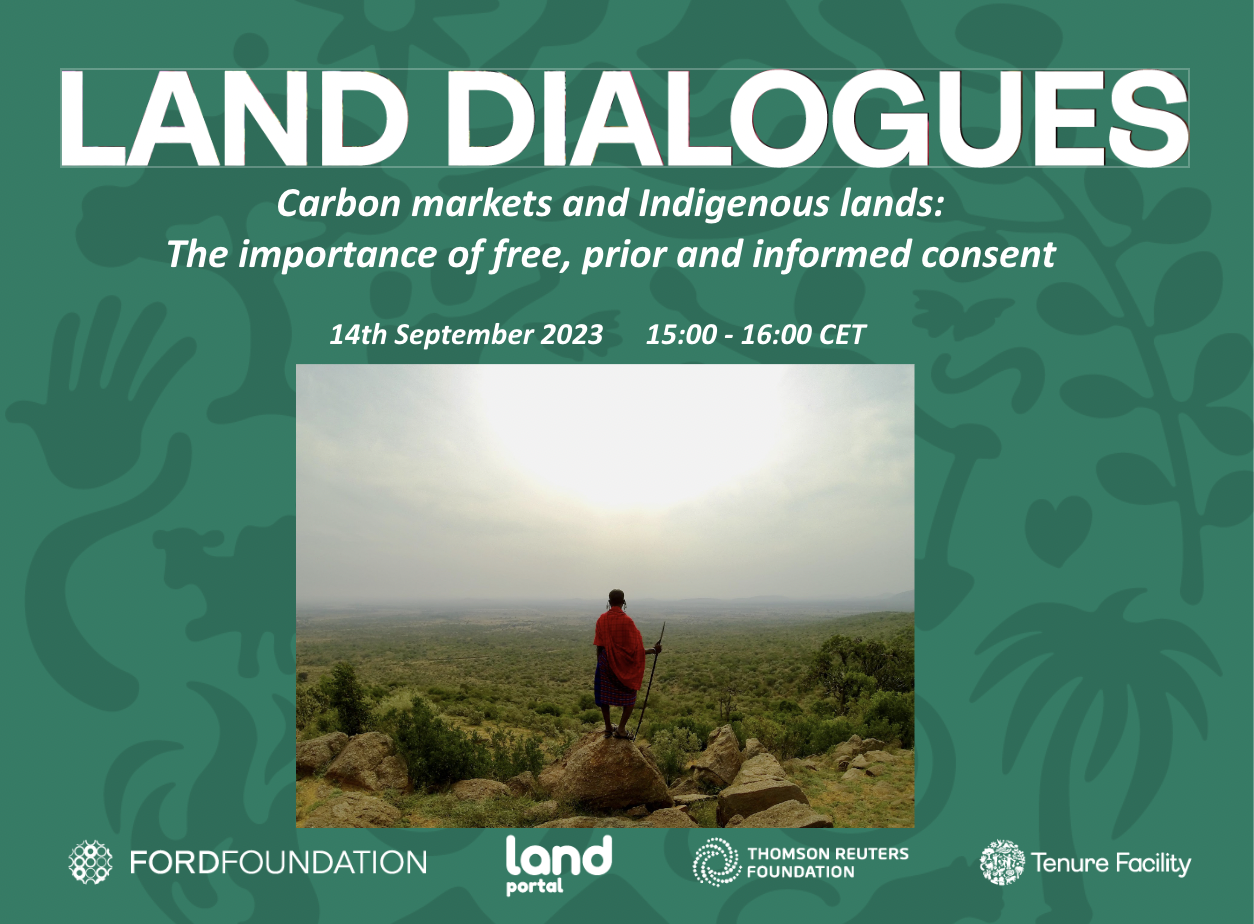While talk of carbon markets has been prominent of late, offsetting using forest carbon has long been controversial. Carbon markets are trading systems through which countries, businesses, individuals or other entities buy or sell units of greenhouse gas emissions. Advocates of offsetting carbon see it as a way of compensating for residual emissions as the global north transitions to a low-carbon economy while also channeling much needed finance for forests. Its critics warn that it dispossesses Indigenous Peoples and local communities and reduces forests to only their carbon value.
The question that this webinar will center on is the following: In this growing acceptance of carbon markets, how are Indigenous communities being left behind? The absence of Free, Prior and Informed (FPIC) consent as well as other safeguards in these processes is a growing challenge. But Indigenous communities are concerned with a notable absence in terms of their involvement in carbon markets and the social impacts that these markets can have on their communities.
How do land rights get figured into data collection processes, so that we can achieve a high-integrity carbon project and market? Data collection on hectares is challenging the current carbon market model, which excludes the daily scenarios faced by Indigenous communities with land grabbing and illegal excursions. The carbon market model does not factor in the lack of land rights many Indigenous people are facing and fighting for, making them more vulnerable because the markets provide an incentive for exploitation.
Moderator:
- Thin Lei Win, Journalist, Thin Ink
Panelists:
- Levi Sucre Romero, is an Indigenous Bribri Costa Rican who currently serves as Coordinator of the Mesoamerican Alliance of Peoples and Forests (AMPB), representing indigenous peoples and local communities in the territories encompassed between Panama and México. Since 2022 he has been acting as Co-Chair to the Global Alliance of Territorial Communities. Levi also directs the technical and organizational management of the Bribri-Cabécar Indigenous Network (RIBCA), a group of eight indigenous territories in Costa Rica.
- Marco Aurelio Chávez Coyoy, is a member of the Maya K'iche' community. Currently, he is the coordinator of the legal department of the Community Forestry Association of Guatemala Utz Che'.
- Marisol García Apagueño, is a Kichwa leader of the Tupac Amaru indigenous community and currently secretary of the Federation of Kichwa Indigenous Peoples of Chazuta Amazonas (FEPIKECHA). She has served on the board of the Coordinating Committee for the Development and Defence of the Indigenous Peoples of the San Martin Region (CODEPISAM), a regional indigenous federation that is part of AIDESEP.
- Katherine Lofts, is the Senior Research Associate with the Canada Research Chair in Human Rights, Health, and the Environment at McGill University and conducts research on global efforts to build linkages between human rights and climate change. For more than a decade, she has led and collaborated on a range of projects and publications relating to climate change, human rights, and environmental governance.

